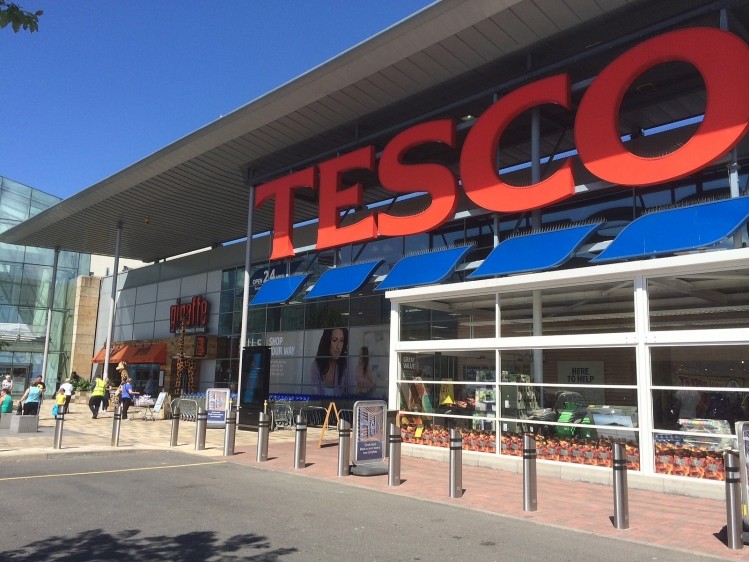Supermarket price war to force food suppliers to fail

The report singled out food and drink manufacturing as the sector hardest hit by the battle between the big four supermarkets and discounters Aldi and Lidl to slash prices offered to shoppers.
The number of food firms suffering significant financial distress soared by “a colossal 92%” to 1,410 struggling businesses in the fourth quarter of last year compared with 733 in the same period of 2013.
Adding to the misery of UK food producers and suppliers, the vast majority had failed to see any benefit from the rise in popularity of the German discounters Aldi and Lidl, since much of their canned and packaged stock is sourced from overseas, according to the report.
In the food retail sector there was a 58% rise in the total of financially distressed businesses to 4,552 firms.
BRC response
“UK supermarkets know the importance of strong, sustainable UK supply chain and would not jeopardise that in the way suggested. Also, supermarkets are unique amongst UK food companies in that their relationship with their suppliers, including how promotions are run, are strictly governed by the Groceries Code overseen by the adjudicator,” BRC director of food and sustainability Andrew Opie.
‘The enduring price war’
Small and medium-sized suppliers and retailers had proved the worst casualties so far in what the report described as “the enduring price war” between the UK’s supermarket giants. The big retailers had slashed prices while squeezing suppliers’ margins and elongated payment terms in a bid to offer consumers the lowest prices, the report claimed.
Begbies Traynor partner Julie Palmer warned of the prospect of long-term damage to the food supply chain. “With shocking increases in distress among the supermarkets’ main suppliers, the largest chains need to tread very carefully if they want to prevent a new crisis creeping up through their supply chain,” said Palmer.
“Even the government’s appointment of a Groceries Code Adjudicator last year seems to be having little impact, with industry insiders reporting that the new watchdog lacks real powers and is still failing to protect producers from being squeezed by the supermarkets.”
‘Failing to protect producers’
More than 100 of the 1,410 ‘significantly’ distressed food and beverage suppliers will fall into administration before the year is up, unless the supermarkets start treating their suppliers more fairly and found longer term solutions to their cost cutting exercise, she warned.
Also Palmer noted, with 3.6M people employed in the UK food supply chain, the economic and political risks associated with the current price war were reaching “boiling point” ahead of the May 7 general election.
Further battle lines in the supermarket price war had been drawn over recent weeks, she added. Asda and Sainsbury had promised £450M worth of price cuts between them, Morrisons began searching for a new ceo to replace Dalton Philips and Tesco has set out its recovery plans. “With the battle lines drawn, the supermarket price war is intensifying and it looks like the UK’s smallest food suppliers are bearing the brunt.”
But the British Retail Consortium (BRC) dismissed the research as an over simplification. BRC director of food and sustainability Andrew Opie said: “It is too simplistic to make the link suggested in the report, it is not clear how many of the companies even supply supermarkets.
Begbies Traynor’s Red Flag research monitored the financial health of all UK companies that have traded for more than a year. The researchers classed a business as being in ‘significant distress’ if it had an adverse country judgement of less than £5,000 against it or had a poor credit score.
Meanwhile, City analyst Shore Capital warned last week that Tesco’s recovery plan could rock the whole food industry.
















